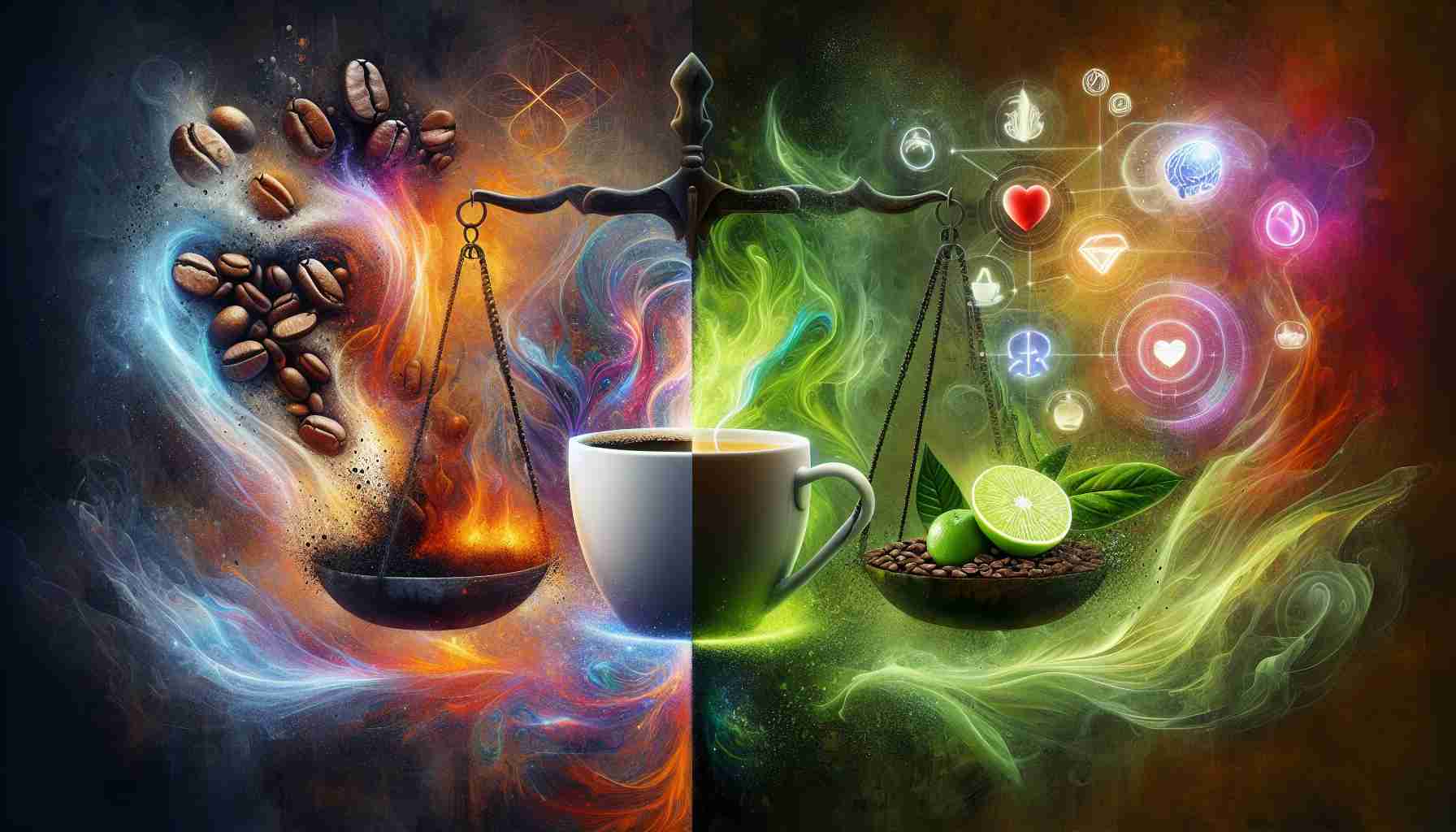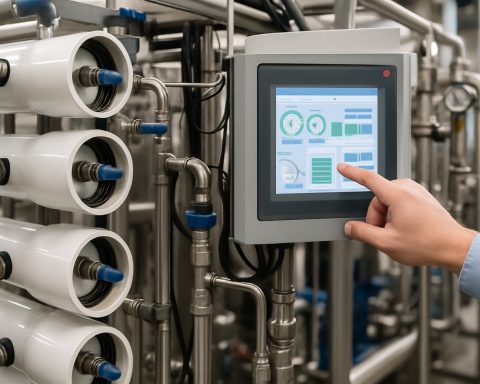The Great Beverage Debate
In today’s fast-paced world, our choice of drinks can significantly impact our well-being. Two of the most popular beverages, tea and coffee, have long been praised for their unique health benefits. Recently, a post by National Geographic ignited a lively discussion, suggesting that tea drinkers may enjoy a longer lifespan due to the beverage’s numerous health advantages.
As one of the world’s most consumed drinks after water, tea is often celebrated for its calming properties and high antioxidant content. However, coffee enthusiasts were quick to defend their daily ritual, dismissing tea’s advantages with wit and humor. Many took to social media to express disbelief that tea could ever replace the beloved coffee.
National Geographic’s post emphasized tea’s potential to enhance focus and reduce stress while highlighting scientific findings that link tea consumption to better blood sugar regulation, fat burning during exercise, and overall hydration. The focus was primarily on black tea, known for its rich health benefits, although variations like milk tea could alter its effects.
Ultimately, the debate between tea and coffee is less about which is superior and more about balance. Both beverages can offer health benefits if consumed in moderation without excessive sugars and creams. The real key to a healthy lifestyle lies in personal preference and moderation, encouraging drinkers to enjoy their choice while maintaining overall well-being.
The Broader Implications of Beverage Choices
The ongoing debate surrounding tea and coffee not only affects individual choices but also has deeper implications for society and culture. As consumption patterns shift, they reveal much about our collective attitudes toward health and wellness. In many cultures, the ritual of enjoying a cup of tea or coffee transcends mere consumption; it represents a moment of connection and community. For instance, in countries like Japan and China, tea ceremonies embody principles of mindfulness and social interaction, while coffee culture in places like Italy emphasizes nothing less than an art form of social engagement.
From an economic perspective, the global coffee and tea industries are substantial. The coffee market alone was valued at approximately $102.15 billion in 2020 and is projected to grow over the coming years, driven by increasing consumer demand for specialty and artisanal products. This trend can lead to greater opportunities for small producers and farmers, fostering sustainable agricultural practices and fair trade initiatives.
Environmentally, the popularity of these beverages presents challenges and opportunities. The cultivation of coffee can lead to deforestation and loss of biodiversity, while tea production often involves significant water usage and pesticide application. Thus, how societies approach these beverages could have significant implications for conservation efforts and sustainable practices in agriculture.
Looking ahead, as consumers become more health-conscious, trends may shift further towards plant-based and herbal alternatives, reshaping the market landscape entirely while prioritizing not only personal health but also global sustainability. As we sip our drink of choice, we engage in a narrative that impacts our environment, economy, and culture, urging us all to consider the implications of our decisions.
The Battle of Brews: Tea vs. Coffee – Which One Reigns Supreme?
Introduction
In the ongoing beverage debate, tea and coffee have long divided enthusiasts and health-conscious consumers alike. Both drinks offer unique flavors and health benefits that can significantly impact our overall well-being. This article delves deeper into the discussion, exploring the latest insights, features, and comparisons between these two popular beverages.
Health Benefits of Tea and Coffee
Tea: The Calming Brew
Tea, particularly varieties like green and black tea, is rich in antioxidants such as flavonoids. These compounds are associated with numerous health effects, including improved cardiovascular health, enhanced metabolism, and reduced risk of chronic diseases. Studies suggest that regular tea drinkers may benefit from improved focus, lower stress levels, and better hydration.
Coffee: The Energy Booster
On the flip side, coffee is revered for its stimulating properties, primarily due to its high caffeine content. Regular coffee consumption has been linked to enhanced cognitive performance, increased physical endurance, and a lower risk of certain neurological diseases like Alzheimer’s. Moreover, recent research points to potential benefits such as improved liver health and a decreased risk of depression.
Comparisons and Features
Antioxidant Levels
– Tea: Contains polyphenols and catechins, which are powerful antioxidants.
– Coffee: Rich in compounds like chlorogenic acid and further antioxidants that may outnumber those in tea depending on the brewing method.
Caffeine Content
– Tea: Generally has less caffeine, making it a suitable choice for those sensitive to stimulants.
– Coffee: Packs a punch with higher caffeine levels, providing quick energy boosts.
Pros and Cons
| Beverage | Pros | Cons |
|———-|—————————————————|——————————————-|
| Tea | High in antioxidants, lower caffeine, calming effects | Can be high in oxalates (kidney stones) |
| Coffee | Enhanced energy, potential health benefits | May cause anxiety or disrupt sleep |
Use Cases and Trends
Popular in Different Cultures
Tea and coffee each hold cultural significance in various parts of the world. For example, tea ceremonies in Asia reflect a deep appreciation for the beverage, while coffee culture in Europe often leads to social interactions in cafes.
Trends Towards Wellness
There is a growing trend among consumers towards wellness drinks, where both tea and coffee are infused with herbs, adaptogens, and other health-focused ingredients. This includes mushroom coffee and herbal teas aimed at boosting cognitive function.
Insights and Innovations
Recent innovations in beverage production, such as cold brew coffee and tea-infused cocktails, highlight how the preferences for these drinks are evolving. Both industries are also focusing on sustainability, sourcing ethically produced beans and tea leaves, and aiming to reduce environmental impact.
Security Aspects and Sustainability
Both coffee and tea industries face challenges related to sustainable farming practices and environmental impacts. Efforts are underway to promote fair trade practices and ensure that growers are supported while minimizing harm to ecosystems.
Conclusion
The debate between tea and coffee is ongoing, but it ultimately boils down to personal preference. Whether you are a tea lover enjoying its soothing essence or a coffee aficionado savoring that robust flavor, both beverages offer health benefits when consumed responsibly. The key takeaway is to embrace moderation and choose what aligns best with your lifestyle.
For more insights on healthful beverage choices, visit Healthline for extensive articles and research.









